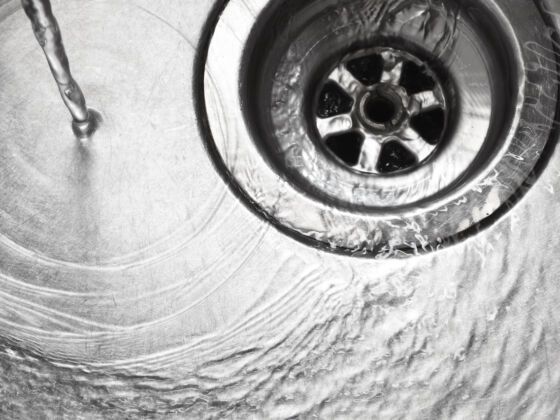Unless you’ve been living under a rock, you’ve probably heard that the rains down in Africa aren’t so blessed these days: as of June 4th, Cape Town will be the first big city in the world to run out of water.
On Day Zero, as it’s being called, city officials plan to turn off the water supply to all but essential services like hospitals, and residents will need to collect a daily ration of 6.6 gallons from one of 200 collection points around the city. There may be relief a few months hence when the annual rainy season is expected, and desalination plants are being built and boreholes drilled faster than you can sing “Have You Ever Seen The Rain”. But that still doesn’t change the fact that for a first time, a city — home to millions of people — will be out of water. Turn on the tap, and nothing will come out.
